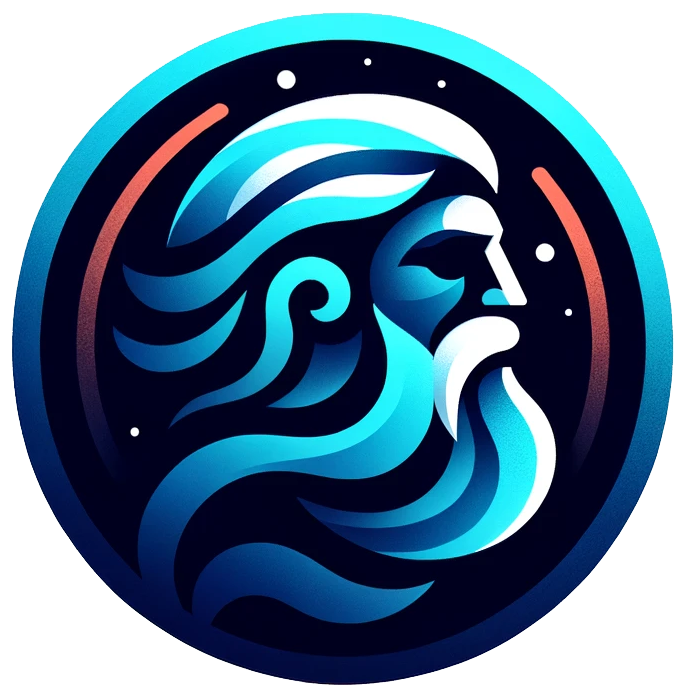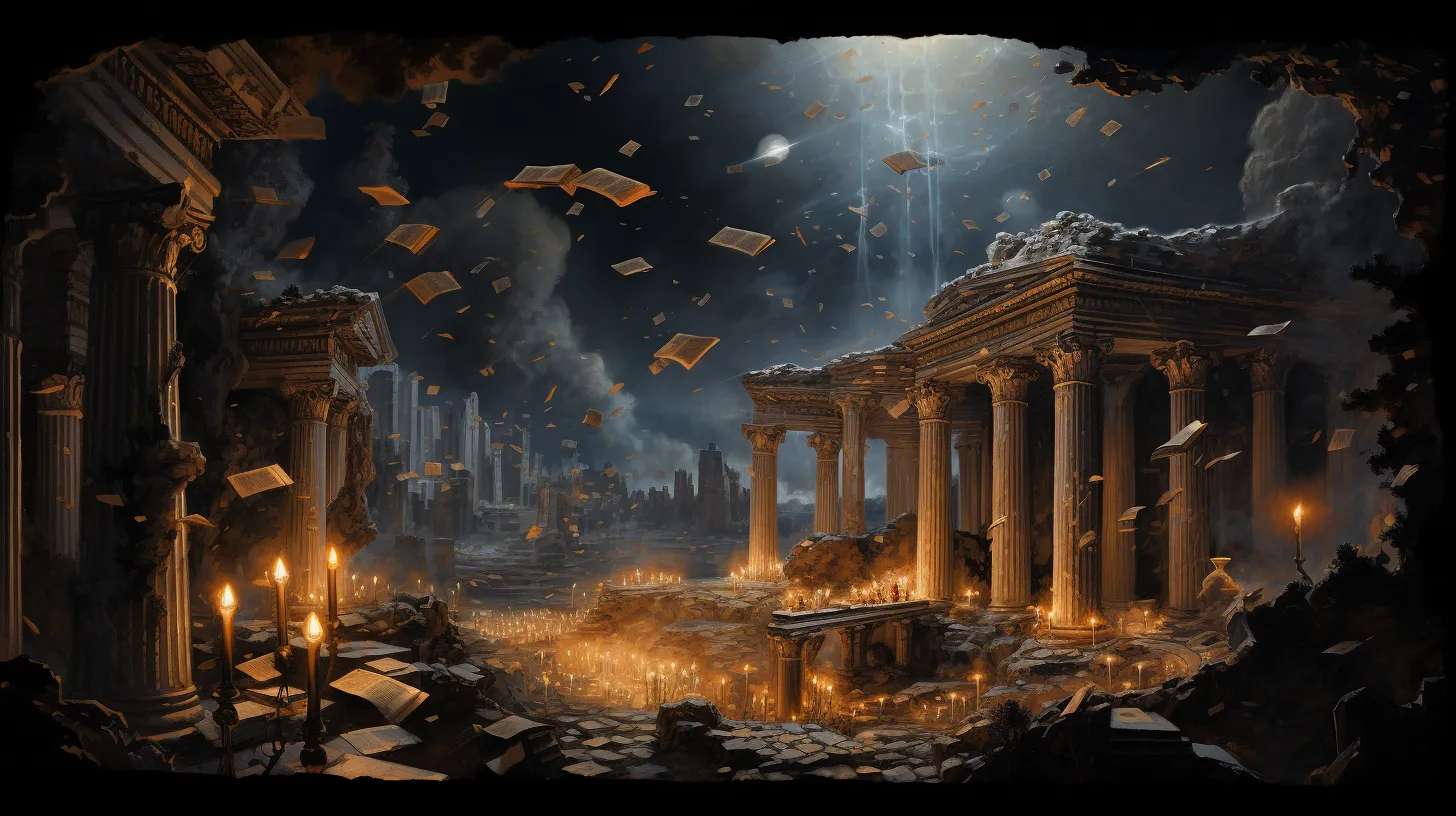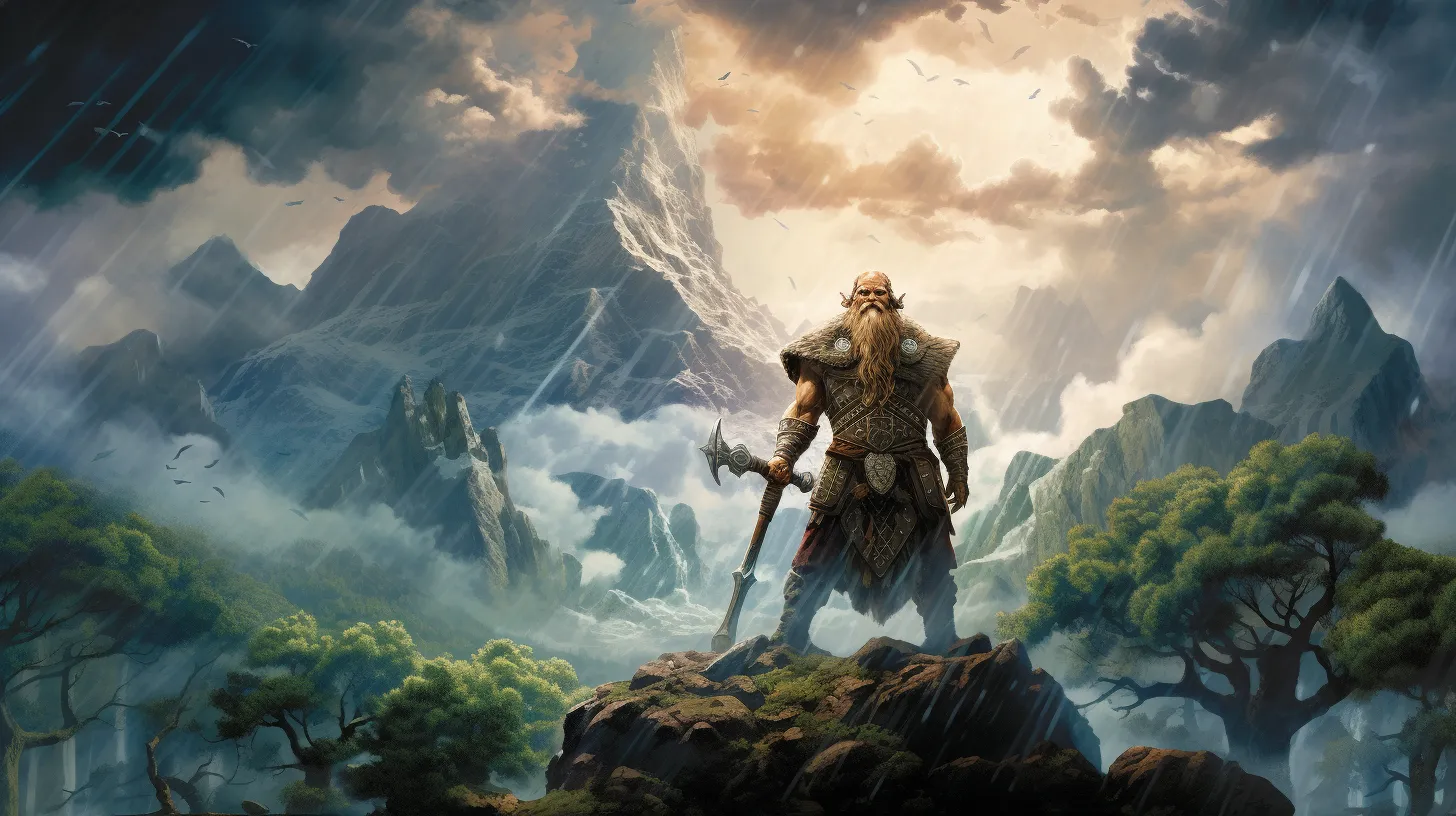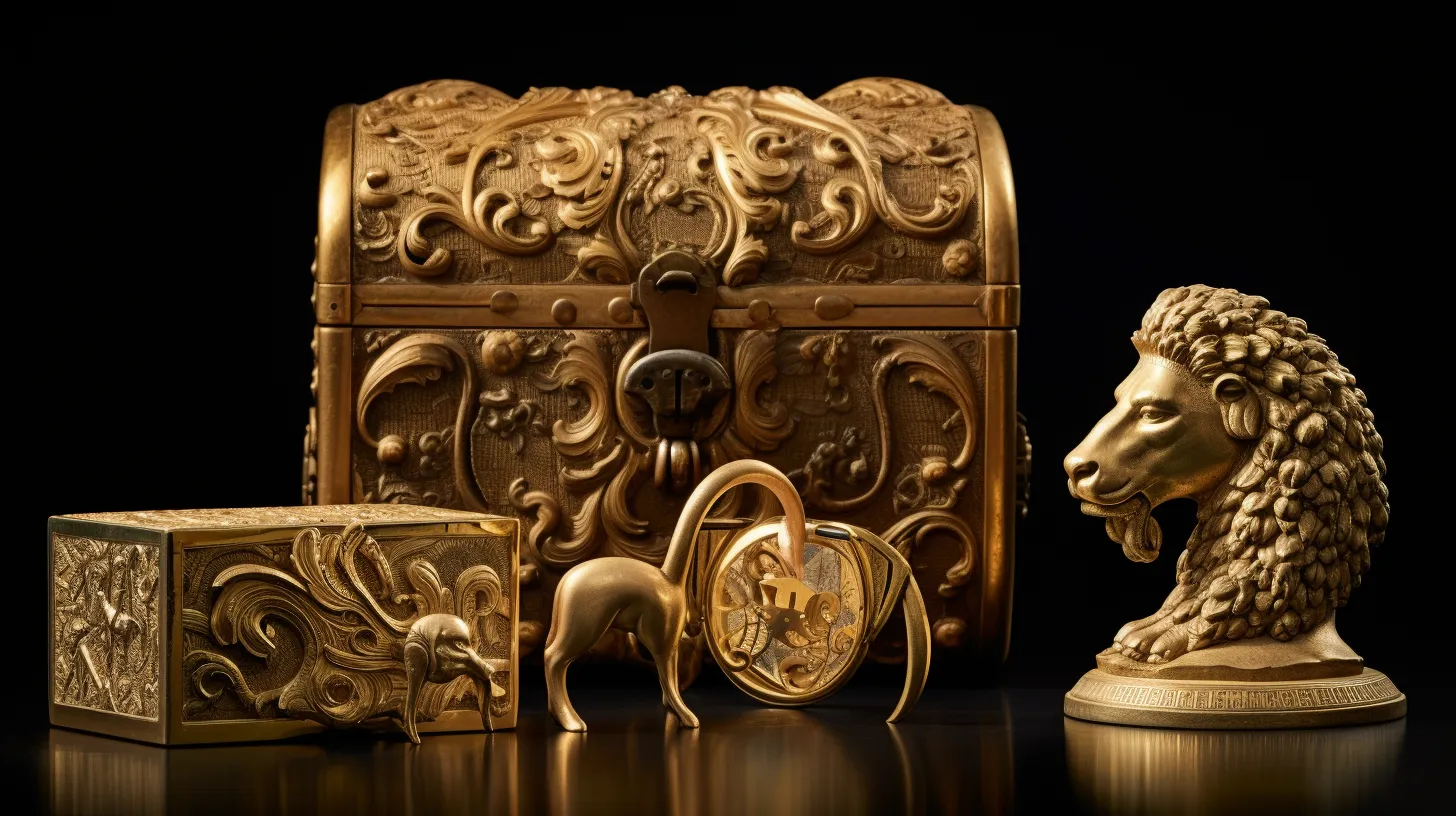Are you intrigued by the gods and goddesses of ancient Greece? Have you ever been curious about the origins of Greek mythology or wanted to learn more about the legendary heroes? If so, you’ve come to the right place.
This guide will help you become well-versed in Greek mythology, from studying the gods and goddesses to exploring the classic myths and legends.
Get ready to immerse yourself in the captivating world of ancient Greece!
Ancient Greek Gods
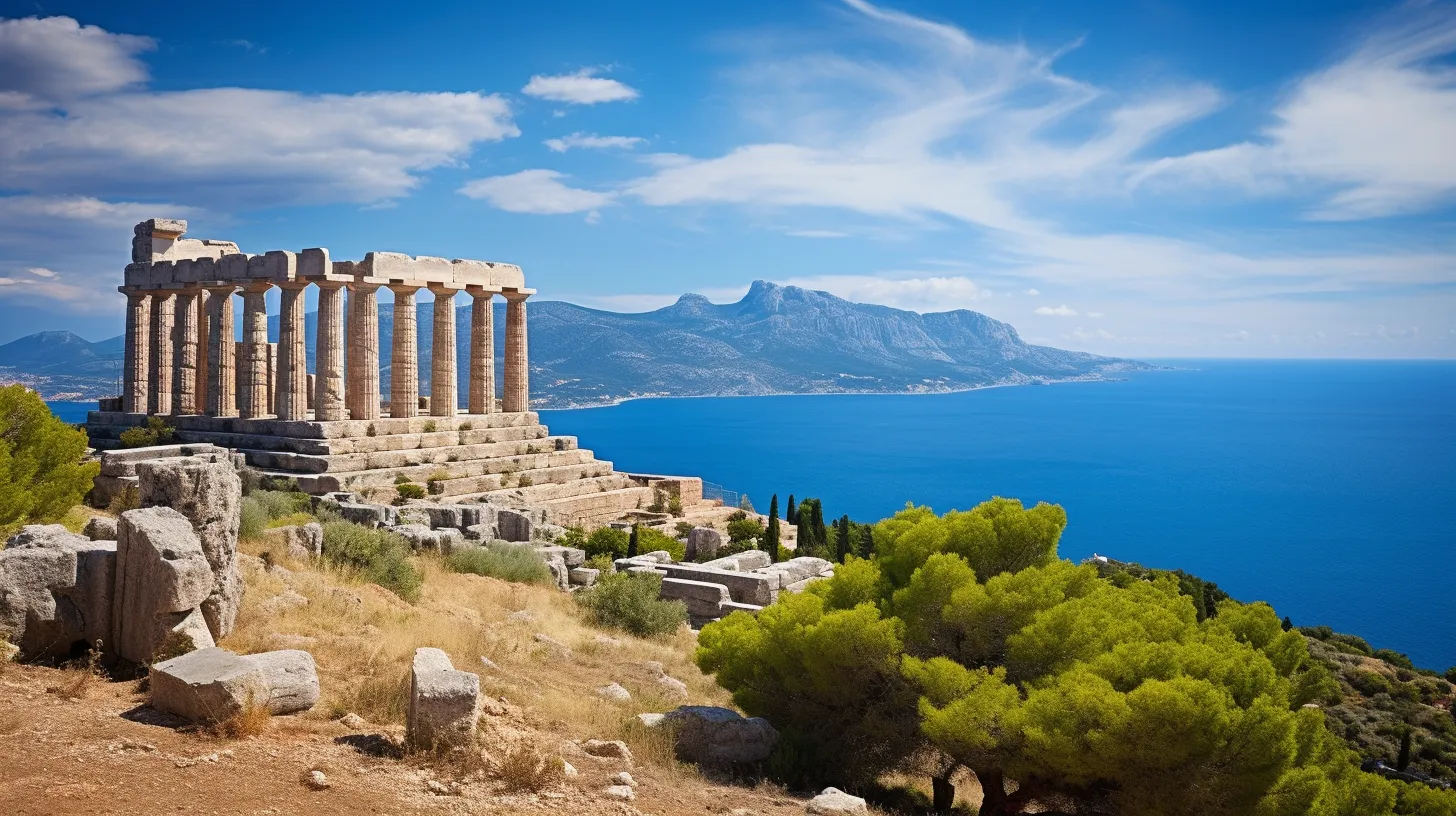
Gaining an understanding of the ancient Greek gods is an essential part of mastering Greek mythology. The Olympian gods, who included Zeus and Hera as their leaders, were the subject of numerous myths and stories and possessed a wide range of powers and abilities.
The Ancient Greeks worshiped them and believed them to be the source of all power. Zeus was the most powerful of the gods, known for his thundering voice and lightning bolts. He ruled over all the other gods and was the god of the sky and thunder.
Hera was the goddess of marriage and was Zeus’ wife. She was also the protector of women and marriage and was known for her jealousy. Other gods included Poseidon, who was the god of the sea, and Hades, the god of the underworld.
All these gods had different powers and were important figures in Greek mythology. Knowing about the gods’ powers and the relationships between Zeus and Hera is key to mastering Greek mythology.
Greek Myths and Legends
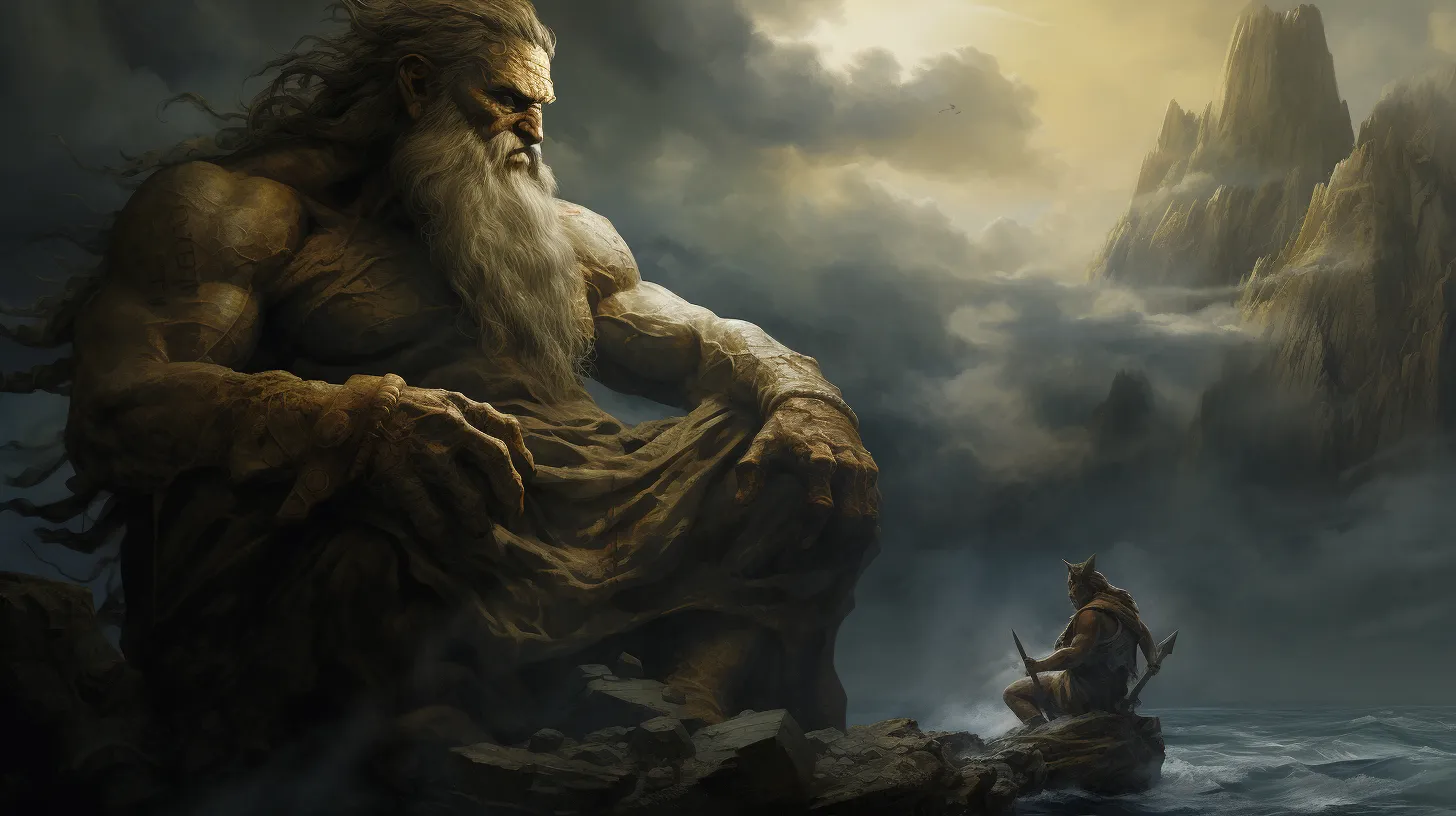
Understanding the gods’ roles in the Greek myths and legends is an important part of mastering Greek mythology. The Greek pantheon was composed of the Olympian gods, which were the principal gods of the Greek religion.
Myths and legends were tales that explained the origin of the gods, the creation of the world, and why certain things were the way they were. These stories contained many gods, who all had different roles and responsibilities. These gods were often pitted against each other, which made for interesting stories.
In order to understand Greek myths and legends, it’s important to be familiar with the Greek gods and their respective domains.
This includes their strengths, weaknesses, and the stories associated with them. By understanding the gods and their associated stories, one can gain a better understanding of the Greek myths and legends.
Origins of Greek Mythology
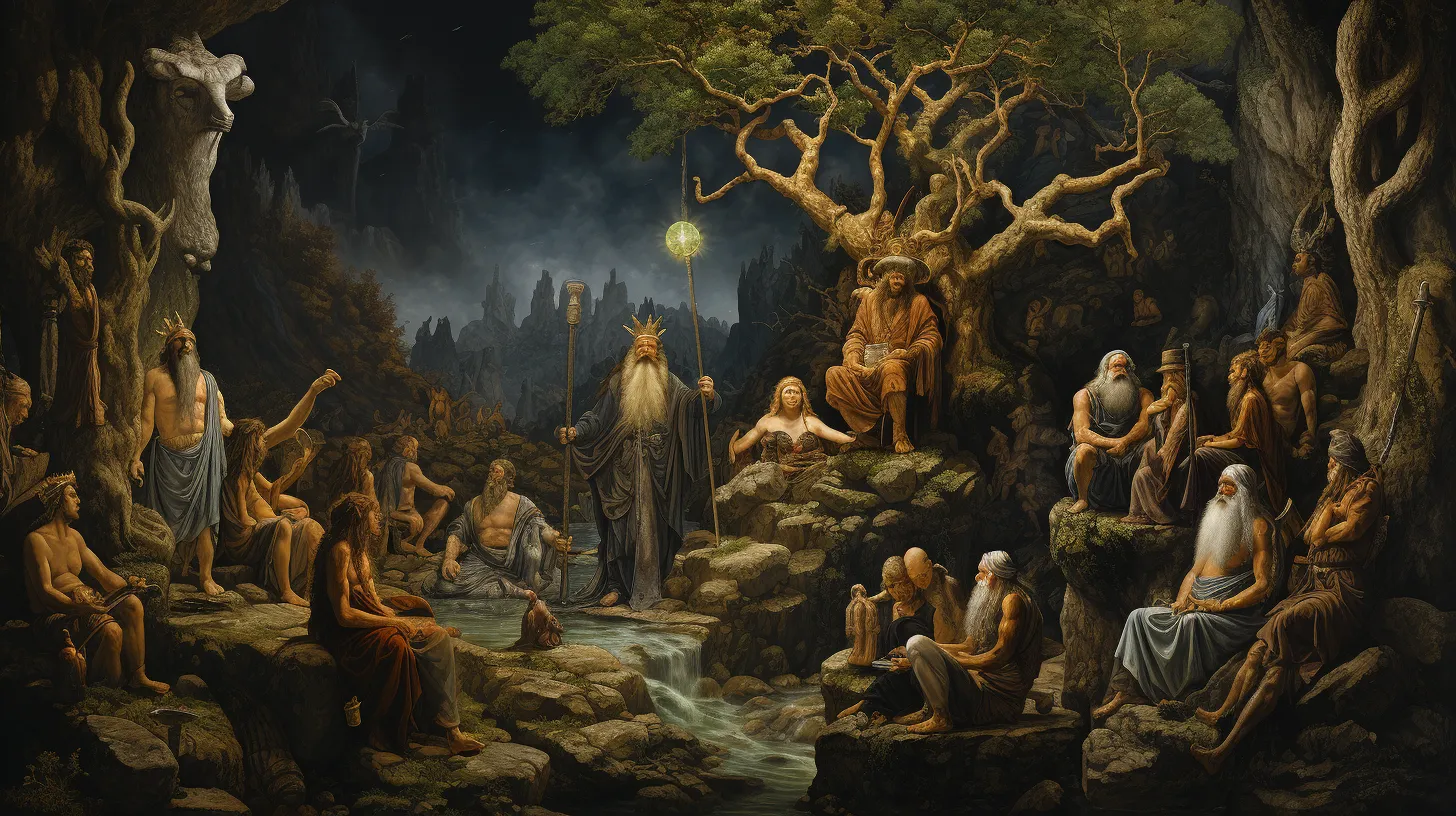
With two thousand years of history, it’s no surprise that Greek mythology has many fascinating origin stories. From the gods and goddesses of Mount Olympus to the fates of mortals, the Ancient Greeks created stories to explain the complexities of life.
Ancient rites and rituals were used to explore the mysteries of the unknown and the beauty of the natural world. From these origins, a rich mythology was born that still captivates audiences today.
The stories of Greek mythology contain lessons about the human condition, from the power of love and loyalty to the consequences of hubris. By understanding the origins of the myths, one can gain insight into the timeless truths they convey.
Greek Hero Stories

Discovering the tales of Greek heroes is an essential part of understanding Greek mythology. From Hercules to Perseus, these brave characters are the embodiment of courage and strength, and their heroic journeys are an integral part of the stories that make up this mythology.
Greek heroes are renowned for their courageous acts, such as slaying monsters, rescuing those in need, and overcoming seemingly impossible obstacles. Through their journeys, they often discover something about themselves, and in some cases, the gods intervene to help them succeed.
Greek heroes are often larger-than-life characters who remain timeless symbols of courage, strength, and determination. Whether it’s a quest to save a loved one or a mission to slay a monster, Greek heroes’ courage is a vital part of their stories and the mythology as a whole.
Interpreting Greek Mythology
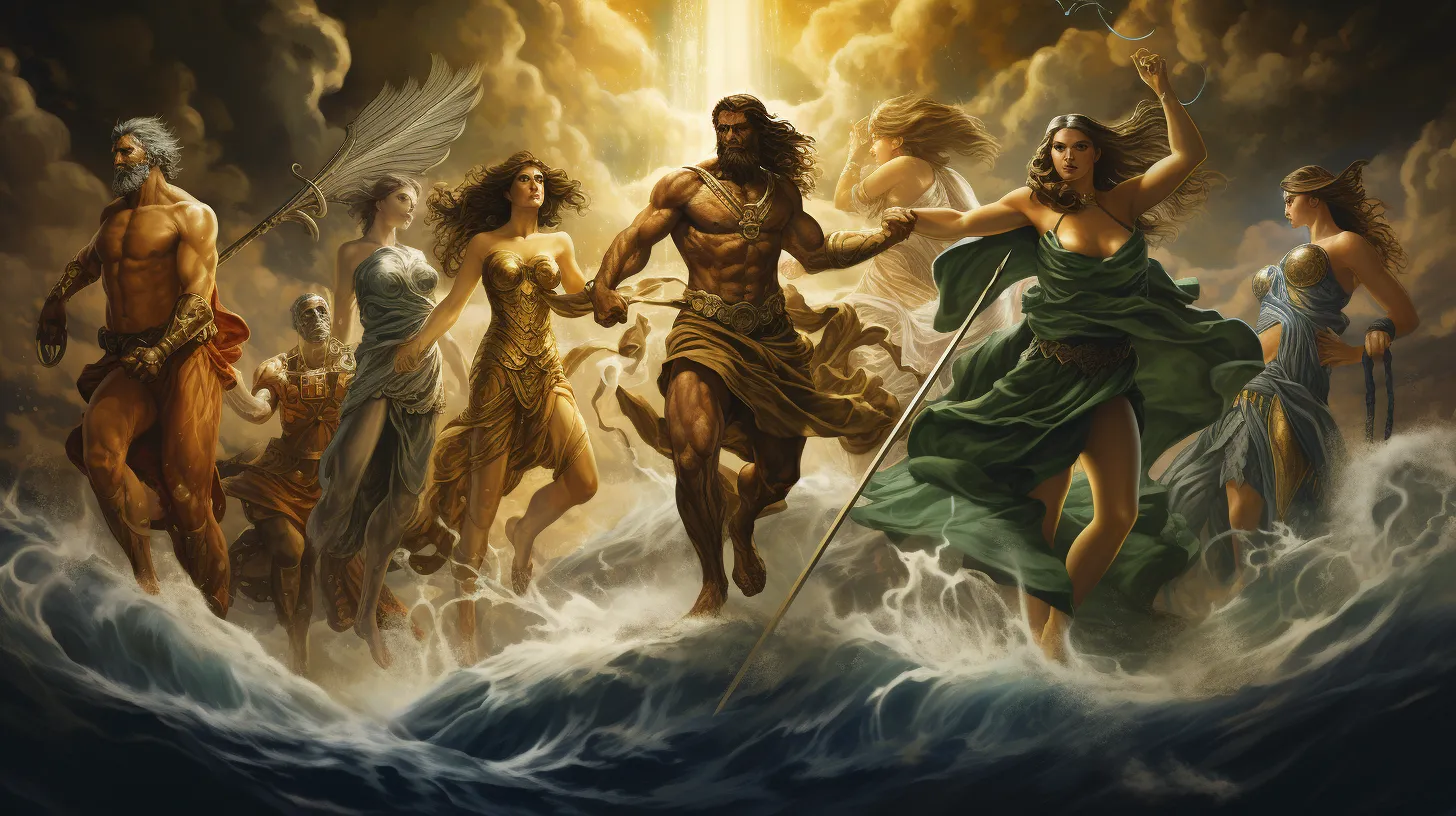
By exploring the courage and strength of Greek heroes and their heroic journeys, you can gain a deeper insight into the meaning of Greek mythology. To interpret the stories, look for symbols and analyze them for deeper meaning.
Ancient stories often form mythic cycles, so investigate the recurring themes to find the overall message. Learn the archetypes and consider how the characters fit into them.
Also, compare the stories to other cultures and assess the differences and similarities. To truly understand the meanings of Greek mythology, study its history and context.
Through careful symbolism analysis and understanding the mythic cycles, you can discover why these stories have lasted for so long.
